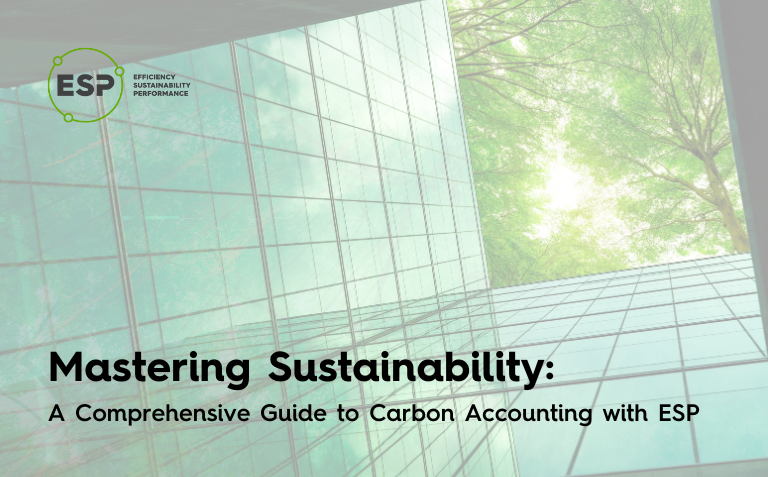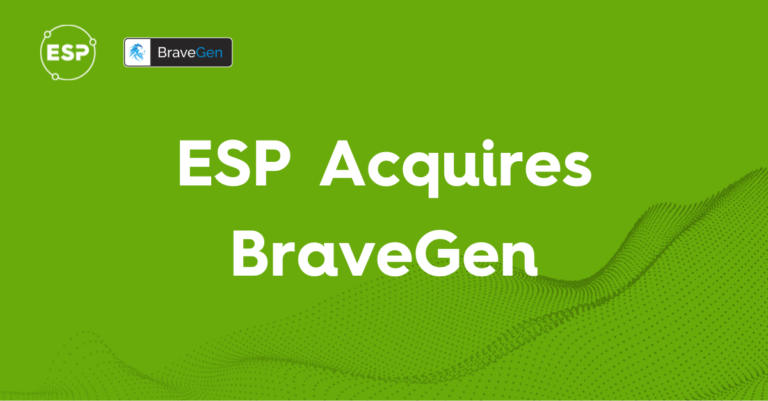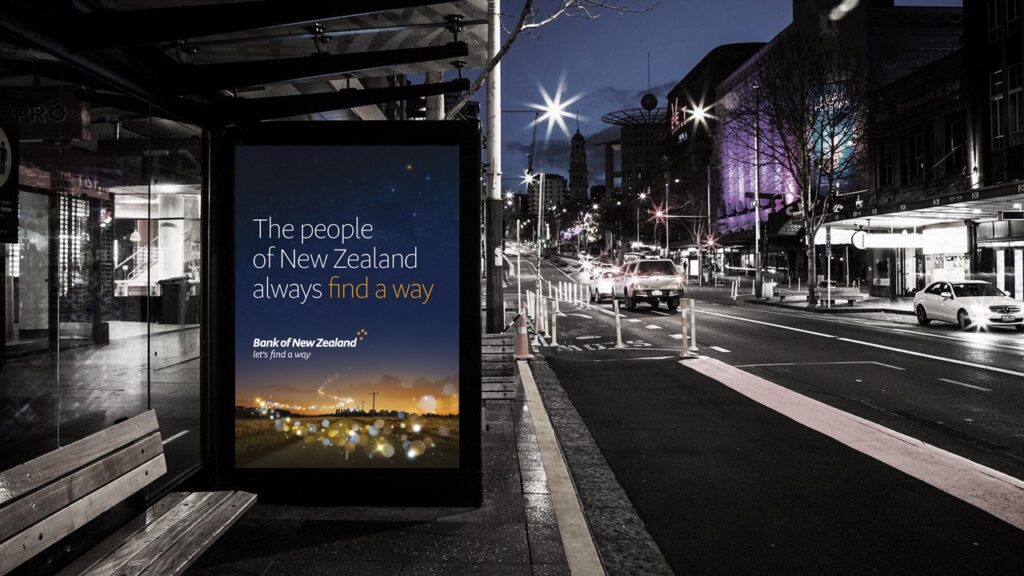ESP accurately diagnoses one of the biggest pain points in sustainability, reporting and provides a viable, innovative, solution.
Background
Bank of New Zealand (BNZ) is one of New Zealand’s largest banks. It employs over 5,000 people and operates a nationwide network of 180 retail stores and business centres. BNZ must report its carbon footprint, energy use and water consumption twice yearly to its parent company.
Challenges
BNZ’s carbon capture and reporting process was heavily reliant on spreadsheets. There was immense time pressure at reporting time with only 6 weeks to gather all data from suppliers; collate, analyse and comment on trends; and submit individual spreadsheets on 15 different types of data.
Each spreadsheet had to contain all source data, emission factors, commentary and approval, and ensure the correct version of the file was being passed around.
Reviewing and approving the data was extremely time-consuming, unreliable, open to human error and in some cases wasn’t possible at all.
Management and board didn’t have confidence in the accuracy and reliability of the emissions report and figures presented to them
Outcomes
The bank has now visibility of the entire emissions profile, all of the emission sources, all of the base data, all of the emissions factors, and carbon dioxide equivalents.
BNZ is now able to perform analytical and historical comparisons at any level of detail the bank wants, to review it.
Utilizing a smart approval process and automated notifications ensures activity data from internal and external suppliers is received, reviewed and approved on time.
ESP, formerly BraveGen, completely transformed the process and provides BNZ with the level of governance and oversight to feel confident that the data is absolutely right.



